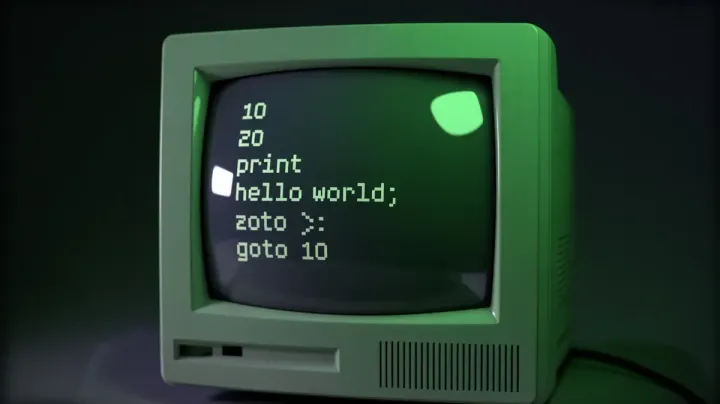
The End of an Era: Firefox Waves Goodbye to 32-bit Linux
There’s a certain romance to keeping old hardware alive. In a world that constantly pushes us to buy the next new shiny thing, there’s a quiet defiance in running a functional, capable system on a machine that most people would have sent to a landfill years ago. For many in the Linux community, this isn’t just about being frugal; it’s a hobby, a statement, and a testament to the power of efficient software.
So, when I read that Mozilla is finally ending support for 32-bit Linux with Firefox 144 this October, one part of me felt a pang of nostalgia, while the other nodded in pragmatic understanding. It’s the inevitable end of a long, slow goodbye.
The Writing on the Wall
Let’s be honest, this day was always coming. Google Chrome abandoned 32-bit Linux back in 2016, and most major distros, like Ubuntu, followed suit years ago. The fact that Mozilla kept churning out 32-bit builds for this long is, frankly, remarkable. It speaks to a core philosophy that often gets lost in big tech: a genuine effort to “extend the life of their hardware and reduce unnecessary obsolescence.”
For that, they deserve credit. They fought the good fight.
But the reality of 2025 is that maintaining a platform for a shrinking user base is a drain on resources. Mozilla’s reasoning is sound; it has become “increasingly difficult and unreliable.” To build the best, most modern, and secure browser for the 99.9% of users on 64-bit systems, you eventually have to let go of the past. It’s not a betrayal; it’s a strategic retreat to focus on the main front.
A Speed Bump, Not a Roadblock
For the dedicated few still running 32-bit systems for “nerdy nostalgia” or hobby projects, is this a catastrophe? Not really. The kind of person who lovingly maintains a 32-bit machine in 2025 is, by definition, a tinkerer and a problem-solver.
The immediate path is clear. Firefox 144 won’t self-destruct. It will continue to work for a good while. For those needing security patches, the Firefox 140 ESR (Extended Support Release) is a fantastic lifeline, offering support until September 2026. That’s an eternity in tech years.
And beyond that? I have no doubt the community will find a way. Whether it’s through unofficial builds, alternative lightweight browsers, or some clever new project, the spirit of open-source innovation thrives on these kinds of challenges.
Looking Ahead: A Necessary Step Forward
While we can pour one out for the 32-bit era, this move is ultimately a healthy one for the ecosystem. It frees up valuable engineering talent at Mozilla to focus on improving performance, strengthening security, and innovating on the features that will define the web for the next decade.
We can’t live in the past forever. Technology, by its very nature, moves forward. Sometimes that means making hard decisions and saying goodbye to architectures that have served us well.
So, here’s to the 32-bit era. It was foundational, it taught many of us how to code, and it powered a generation of computing. Its time may be over for mainstream browsing, but for those who keep the old machines humming, the challenge just got a little more interesting.


